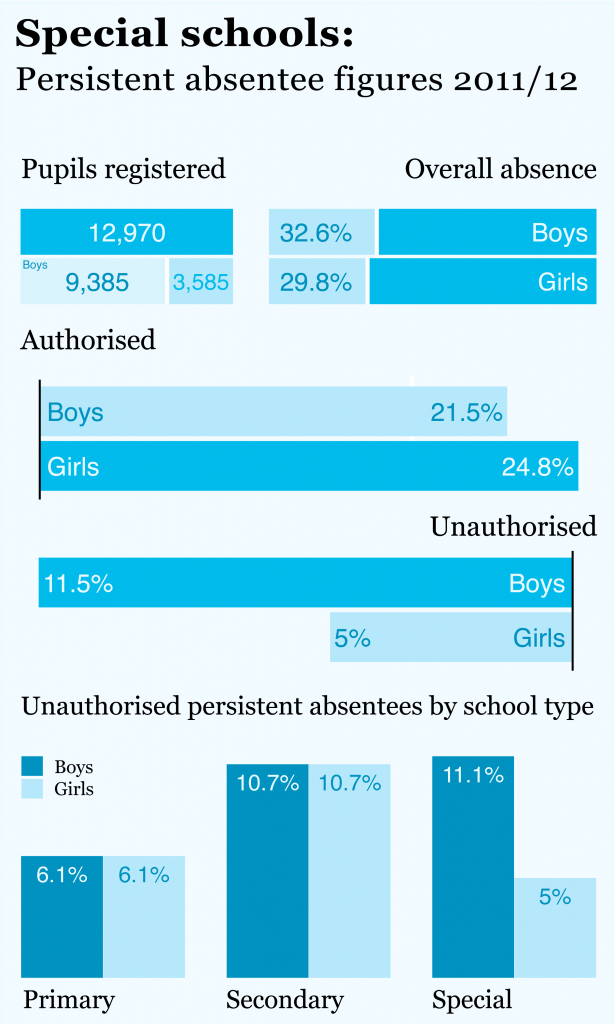These are some of the education stories we found interesting between 24th-31st May 2013.
Apprenticeships attract 11 applications per vacancy (BBC News)
Figures released this week by the National Apprenticeship Service has found that a record 11 applications are being made for every apprenticeship vacancy in the UK. Almost 370,000 applications were submitted between February and April, while 32,600 vacancies were advertised in the same period. Subjects such as the arts, media and ICT were the most popular where applications were as high as 17 per apprenticeship.
The National Apprenticeship Service also said that there had been a 32% increase in demand for such subsidised on-the-job training placements since last year. The government currently offers small and medium-sized companies grants of £1,500 to take on 16 to 24-year-olds as an apprentice.
Students turn to gambling and medical trials to fund university (The Guardian)
Research conducted by money advice website Save the Student has found that students are resorting to high-risk strategies to fund the cost of university.
The survey of 2,300 students found that 80% do not have enough money to live on. It found that one-in-five turn to gambling and one-in-four said they would consider taking part in medical trials to find extra money to support themselves through higher education. 2% of the participants said that they would consider contacting a payday loan company to access extra cash.
Two-thirds of pupils ‘alarmed by rising cost of degree’ (The Telegraph)
The Government’s Office for Fair Access said that academics must do more to reach out to potential students. It said that universities will be forced to provide local schoolchildren with advice about the price of degree courses amid fears that too many teenagers are being put off higher education because of the increase in tuition fees.
A study published this week by the Sutton Trust found that two-thirds of schoolchildren have “significant concerns” about the cost of university. It used the findings to call for the introduction of a new system of means-tested tuition fees claiming that children are facing debts of up to £40,000.
Go-it-alone Scotland could lose study cash (Herald Scotland)
Two of Scotland’s most prestigious academic bodies have raised significant questions over the future of research funding for Scottish universities in the event of a vote for independence. In a submission to the independent Scottish Science Advisory Council, the Royal Society of Edinburgh and the Royal Society of Chemistry have raised their concerns that there would be less incentive for English-based research councils and charities to favour Scottish institutions.
Schools told: vet sports day volunteers to root out abusers (The Telegraph)
A report published by the Child Protection in Sport Unit says that volunteers at school sports days should be subject to rigorous vetting procedures. It says that schools should carry out a strict recruitment process including interviews and criminal record checks before the event takes place.
A degree too close to home? Call for price cut if students go local (The Independent)
Students who live at home while attending university should be offered cut-price degrees costing just £5000 per year a commission into the future of higher education has recommended. The Institute for Public Policy Research argues that the discounted degrees would save the government more than £10,000 per student in maintenance loans obtained from student finance.
Calls for primaries to Visit Western Front sites (Herald Scotland)
Headteachers in Scotland have argued that primary school pupils in the country should be given the chance to visit European battlefields and war graves under plans to commemorate the centenary of the First World War. Greg Dempster, general secretary of the Association of Headteachers and Deputies in Scotland (ADHS) has called on the Scottish Government to extend a £1 million fund to all schools which would help pay for pupils to visit Western Front battlefields such as the Somme and Ypres.
